In summer, kids spend most of their free time outdoors. A difficult time comes for parents, when more and more often there is a need to look into a home medicine cabinet. Active summer games are sometimes associated with unpleasant consequences - various injuries, abrasions, scratches and bruises. Let's look at the 8 dangers that await children during the summer holidays, and find out how parents can protect their child?
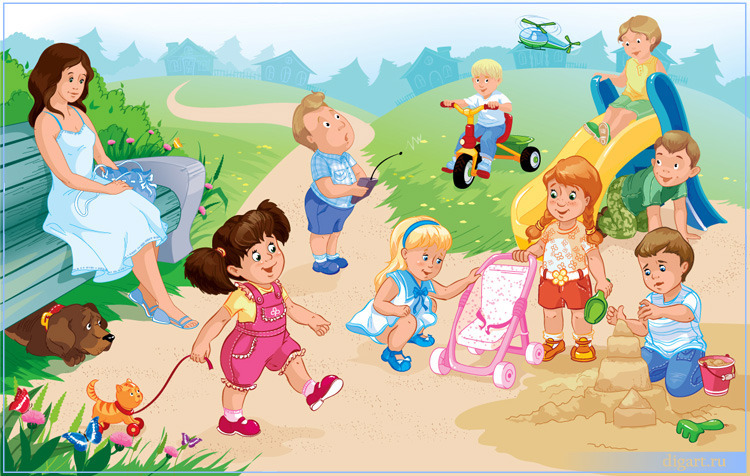
1. Helmet to protect the head
The most common cause of injuries in children is accidental falls. Usually the kids manage to get rid of minor abrasions and scratches. However, cycling and rollerblading are fun activities during which children can hit their head hard during a fall. A helmet will help reduce the risk of serious head injuries by 85%. Make sure that it fits the baby in size.
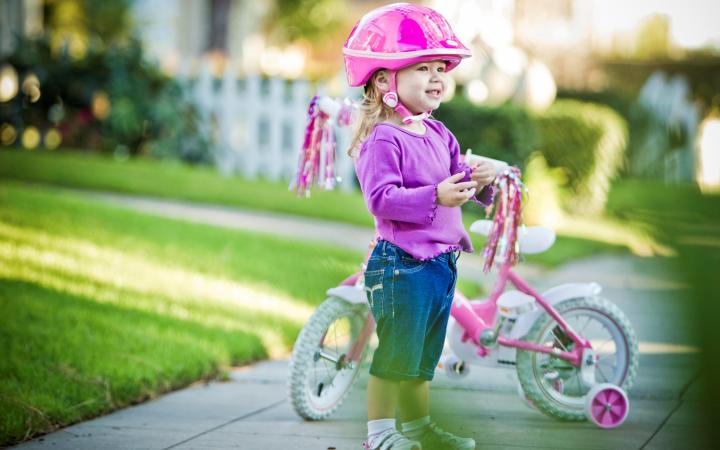
Remind children to use a helmet and other protective equipment when cycling and rollerblading. If you already have a helmet from last year, carefully inspect it for cracks and breaks. A damaged helmet can no longer provide reliable protection; it is better to buy a new one.
2. What is the condition of children's sports equipment?
A helmet is not the only means of protecting a child during outdoor activities. Make sure that all sports equipment is in good working condition and is suitable for children in size. Kids grow up very fast, so last year’s bike or roller skates may be small for them. Before starting to use the bike again, inspect its frame for damage, adjust the height of the seat and handlebars to match the height of the child. It is also necessary to tighten the nuts and grease the moving parts of the bike. Make sure that the roller skates are not small.
3. How to avoid heat stroke and dehydration?
Although heatstroke poses a great danger to children, it is easy to overlook. During extreme heat, the child needs to make up for the loss of fluid in the body to avoid heat stroke. Remind children to always take a bottle of water with them for a walk. According to pediatricians, during active games you need to drink every 20 minutes a glass of water.
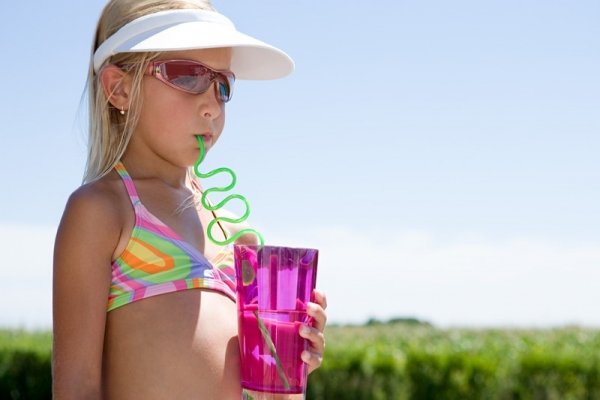
To provide protection against thermal shock, light clothing made from natural fabrics will help. A panama hat or a cap of light colors must be worn on the head. In order not to overheat, it is better to play in shady places during the heat.
4. Make chemicals and medicines inaccessible
During the holidays, children are often at home alone when their parents leave for work. They have the opportunity to freely inspect every corner of the apartment. Playing researchers or scientists there is a risk that children in their games can use various chemicals and medicines that are at home. To prevent this from happening, it is better to block access to toxic substances - detergents, cleaning products, insecticides, and medicines in advance.
Find a safe place to store chemicals where children cannot reach. It is better if it is some kind of lockable closet, the key of which parents must keep at home. It will not be amiss to explain to the child how dangerous it is to play with toxic substances. Provide small experimenters with harmless materials for their games.
We also read: how to secure a home for a child
5. Keep your eyes on the water
Drowning is the second most common cause of death in children aged one to 14 years. This should make you think. It is your responsibility as a parent to teach your child to swim. This is the minimum guarantee that in which case the child can stay on the water for some time until help arrives to him. Even if your child is a good swimmer, you or the caregiver should be there all the time and constantly keep your child in sight.
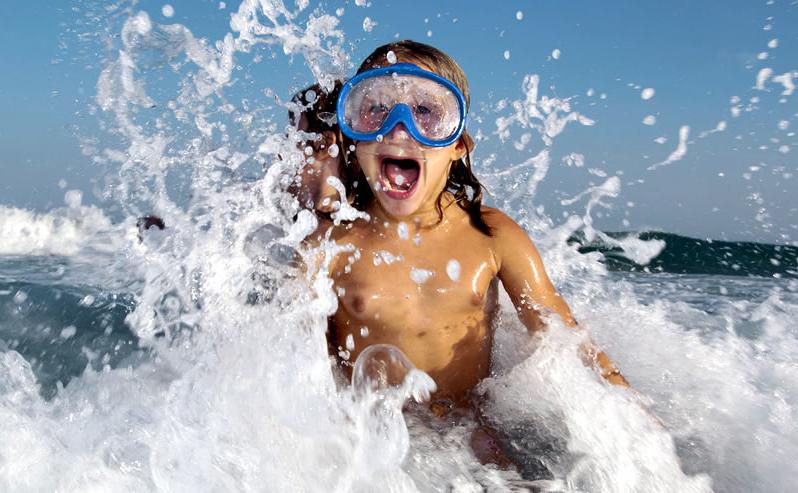
Adults are required to tell the child how to behave in a pond and in the water, explain why it is dangerous to indulge in bathing. Children should not be allowed to swim in unknown reservoirs, unequipped beaches, swim for buoys.
6. Is your first aid kit ok?
Before the summer holidays, you should look into your home medicine cabinet and check if it has everything you need. We recommend that you consult with your pediatrician what means and preparations you must have on hand, since the same driver’s first-aid kits are not always equipped with what a child may need. If your child suffers from some special disease, take care of the availability of first aid in an emergency.
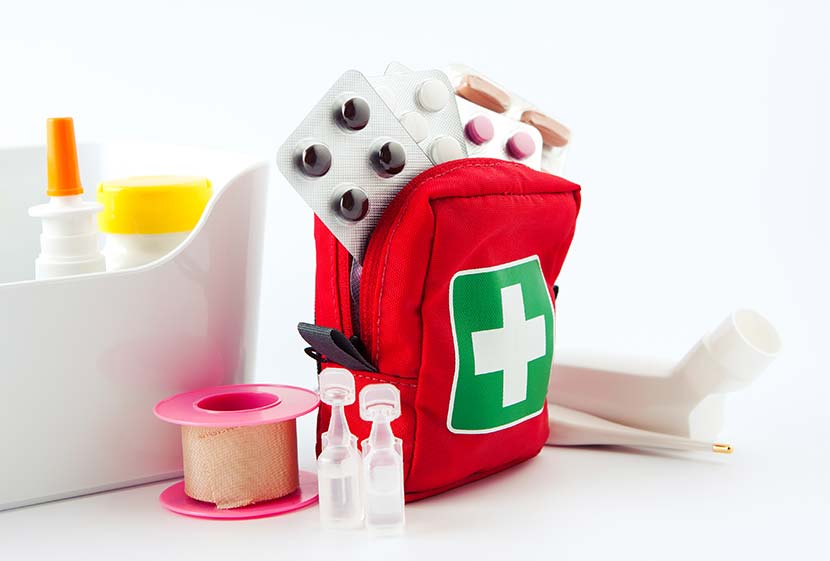
We also read: A complete list of first-aid kits for newborns
Do not forget to update your existing first-aid kit - review all medicines, removing those that are expired, and buy new ones instead. Check if the instructions for the existing drugs have been preserved, they should always be in the package of medicines.
7. Protect your baby from insects
A few years ago, insects did not create as much inconvenience as now. Due to the mutation of viruses transmitted by insects, even mosquito bites are increasingly accompanied by severe allergies and swelling. What can we say about the bites of midges, wasps, and even more so, ticks that pose a serious danger - after all, these insects can cause a deadly disease - encephalitis. To protect children from tick bites while walking in a wooded area, wear closed clothing and a hat. Returning home, carefully examine the child’s head and body for signs of bites. Some spiders and caterpillars are also dangerous - they secrete toxic substances along with mucus.
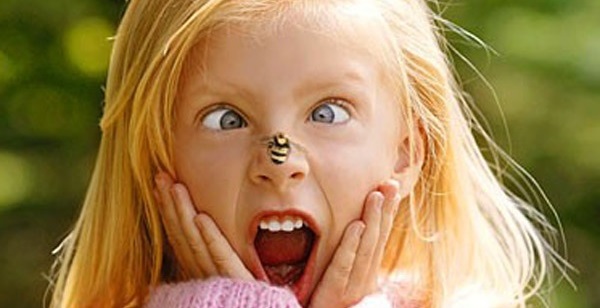
Good protection is provided by repellents - sprays and creams that repel insects. Using them for children do not overdo it, after all, these are chemicals. Repellents are produced with varying degrees of concentration - 10% and 30%. Their difference is not in the effectiveness of the spray or cream, but in the duration of the action. If you go for a short walk, use repellents with a concentration of 10%, they work for 2 hours, while 30% sprays can work up to 5 hours. Children prone to allergic reactions are not recommended to apply such chemicals to the skin, so it is better to use natural products - lemon, eucalyptus, cloves or lavender. Insects do not tolerate the smell of these plants.
We also read: what to do if a child is bitten by mosquitoes, midges, bees, wasps - first aid for insect bites
8. Sunburn
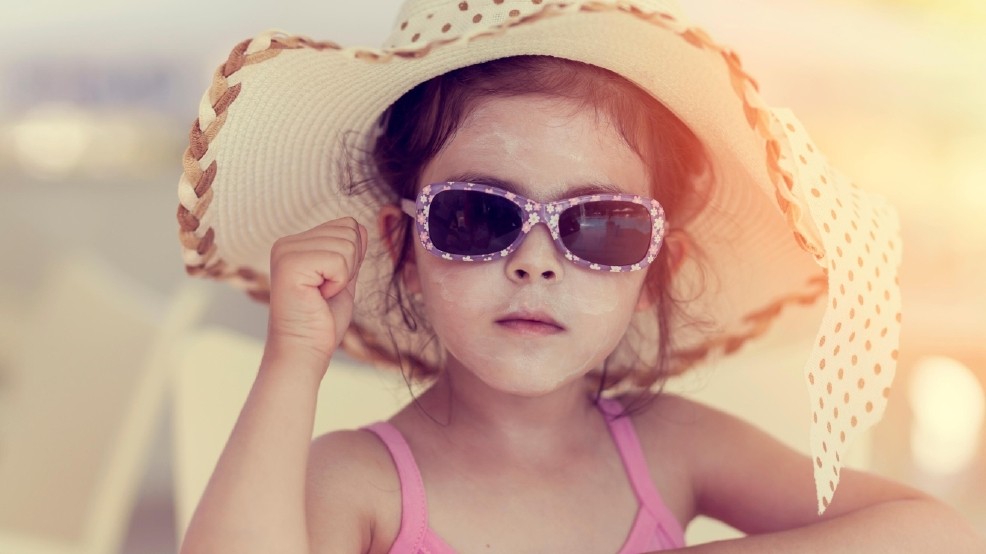
From 10 a.m. to 4 p.m., the sun's rays are especially active. Staying under them for long periods can lead to severe burns, especially in early June. To protect the delicate skin of your children from them, try to choose the right clothes - give preference to natural fabrics - cotton, chintz. It is good if the outfit covers most of the body. A panama hat or hat is required. Do not neglect sunscreens. Every 2 hours, use baby creams with a protection level of SPF 15 and above.
We also read:first aid to a child in emergency situations
Summer and child safety

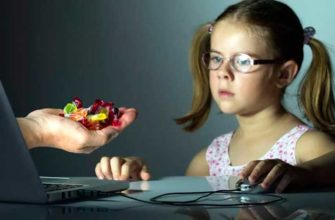
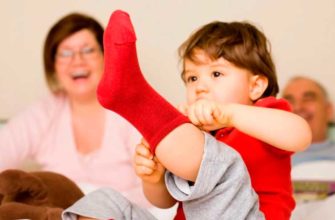


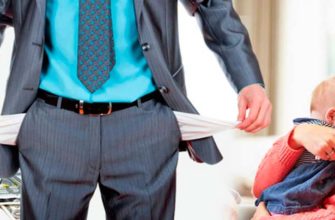
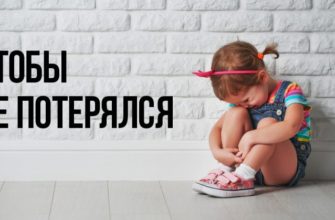
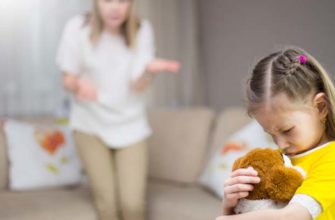
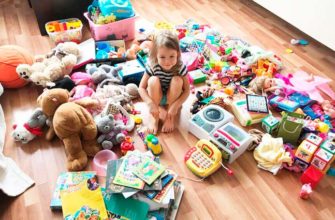
So you write that you can not take your eyes off the child while swimming and generally relaxing by the water. And I want to tell you that you can’t leave him unattended, even on the playground. My daughter at the age of 4 fell off her rocking chair and bit her tongue. Although the wife was nearby, she was simply distracted by a conversation with another mother.
In the summer it is also important to protect the child from falling out of the window, I have a direct phobia on this score. I know many cases of deaths of children who fell out of open windows. Therefore, do not leave the windows open or be sure to put the bars on the windows.